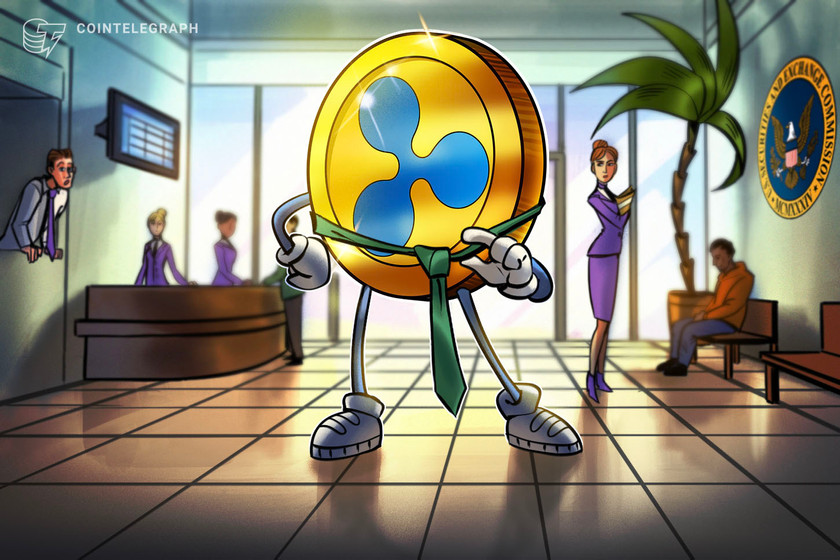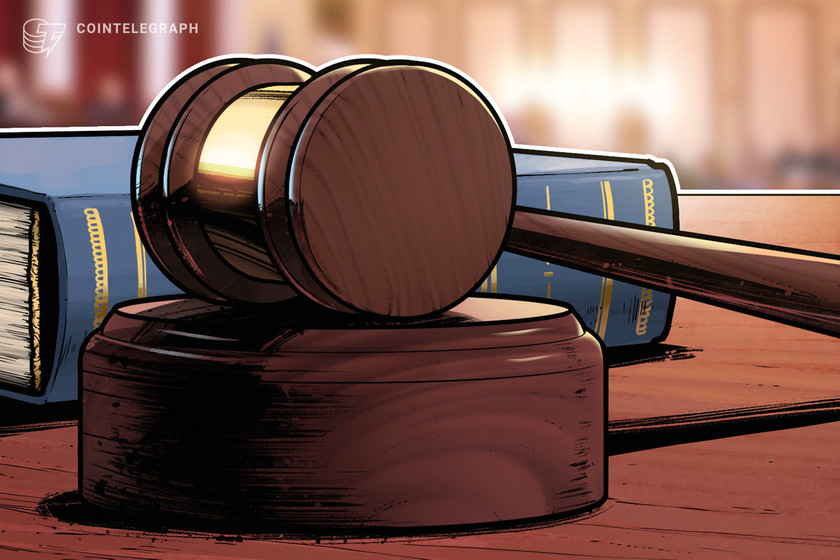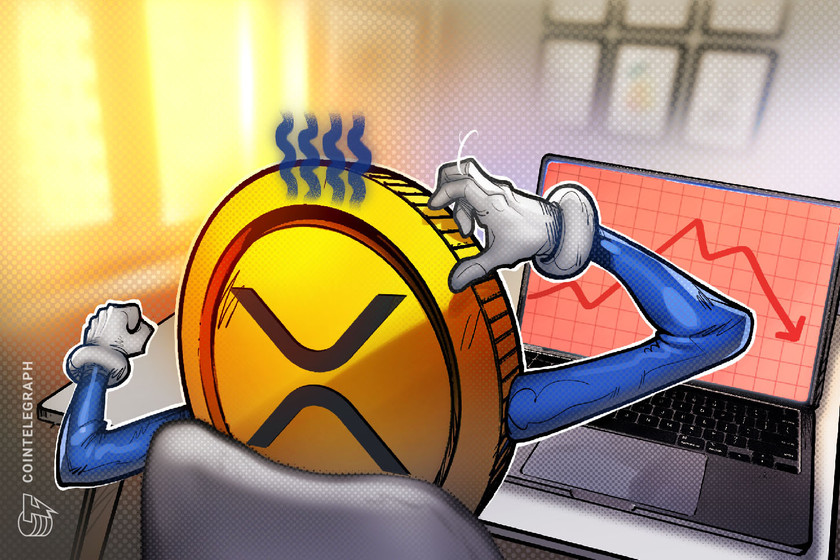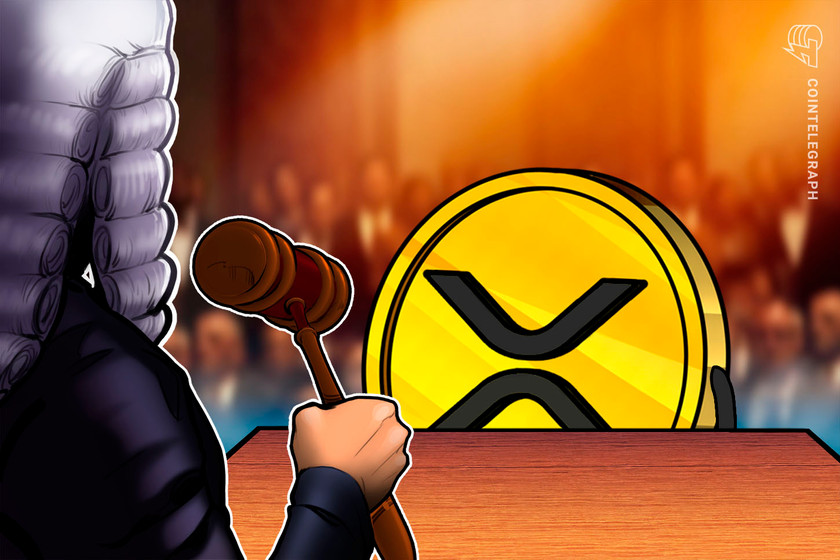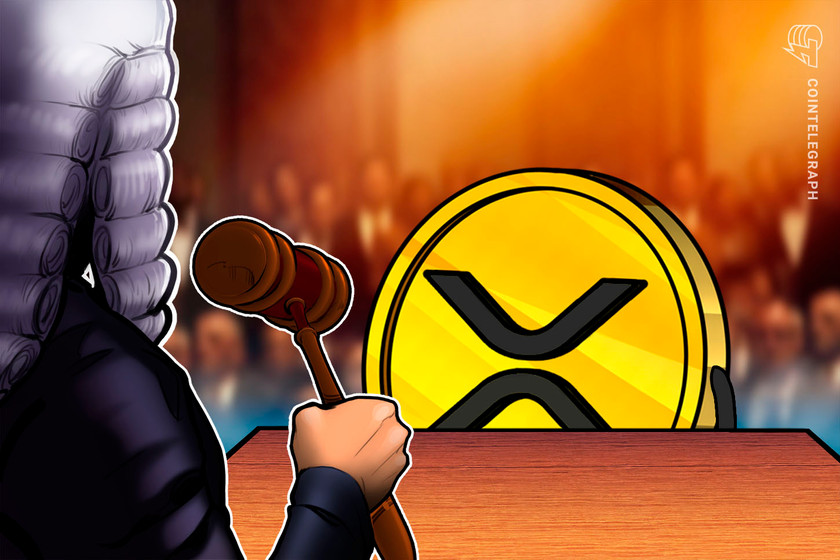SEC argues recent court case weakens Ripple Labs’ ‘fair notice’ defense


The SEC filed a letter supporting its motion for summary judgment against Ripple Labs, citing a separate court case it had recently won.
A recent court judgment further weakens a key defense made by technology firm Ripple Labs in its ongoing legal battle with the United States Securities and Exchange Commission (SEC), the regulator has claimed to a federal judge.
In an April 11 letter to U.S. District Judge Analisa Torres — who is overseeing the SEC vs. Ripple Labs case — the SEC highlighted the judge’s opinion in a separate enforcement action it won against investment advisory firm Commonwealth Equity Services.
In that case, it was deemed that a longstanding court precedent provides sufficient “fair notice.”
#XRPCommunity #SECGov v. #Ripple #XRP SEC files Letter of Supplemental Authority in further Support of its Motion for Summary Judgment. https://t.co/rdzW3Q6SIT
— James K. Filan (@FilanLaw) April 11, 2023
The SEC argued that the longstanding supreme court precedent, which gave rise to the Howey test — which is used to determine what constitutes a security — provides Ripple Labs with fair notice as to what a security is, just as the precedent referred to in the Commonwealth case had.
The SEC added its case with Commonwealth provides “additional authority” for rejecting Ripple’s fair notice defense.
Related: XRP price rally stalls as SEC vs. Ripple ruling drags on — 25% drop ahead?
Ripple’s argument that the SEC had failed to provide it with fair notice before suing it for committing securities fraud in December 2020 is regarded as one of its key defenses.
While many observers, such as crypto exchange Coinbase believe the defense to be a winner, legal experts such as John Deaton have a different opinion.
The FAIR NOTICE DEFENSE is not what a lot of people think it is. I see a lot of comments about how @Ripple’s FND is a slam dunk and Ripple and #XRP will win. Make no mistake about it, Ripple hopes the judge never decides the FND. #XRPHolders would prefer no decision on the FND.
— John E Deaton (@JohnEDeaton1) July 2, 2022
Deaton has previously noted that the fair notice defense only comes into play if the judge decides Ripple’s XRP (XRP) token was a security at any time between 2013 and the present. Deaton believes Ripple Lab’s best chance lies in convincing the judge that XRP is not a security based on the Howey test.
The SEC is arguing all #XRP are securities because #XRP itself represents all of Ripples efforts (yes, they are making up as they go). We need the judge ⚖️ to declare today’s token NOT a security. We need to win on a strict Howey analysis. https://t.co/g8ea78R0es
— John E Deaton (@JohnEDeaton1) July 2, 2022
Hodler’s Digest, April 2–8: BTC white paper hidden on macOS, Binance loses AUS license and DOGE news


